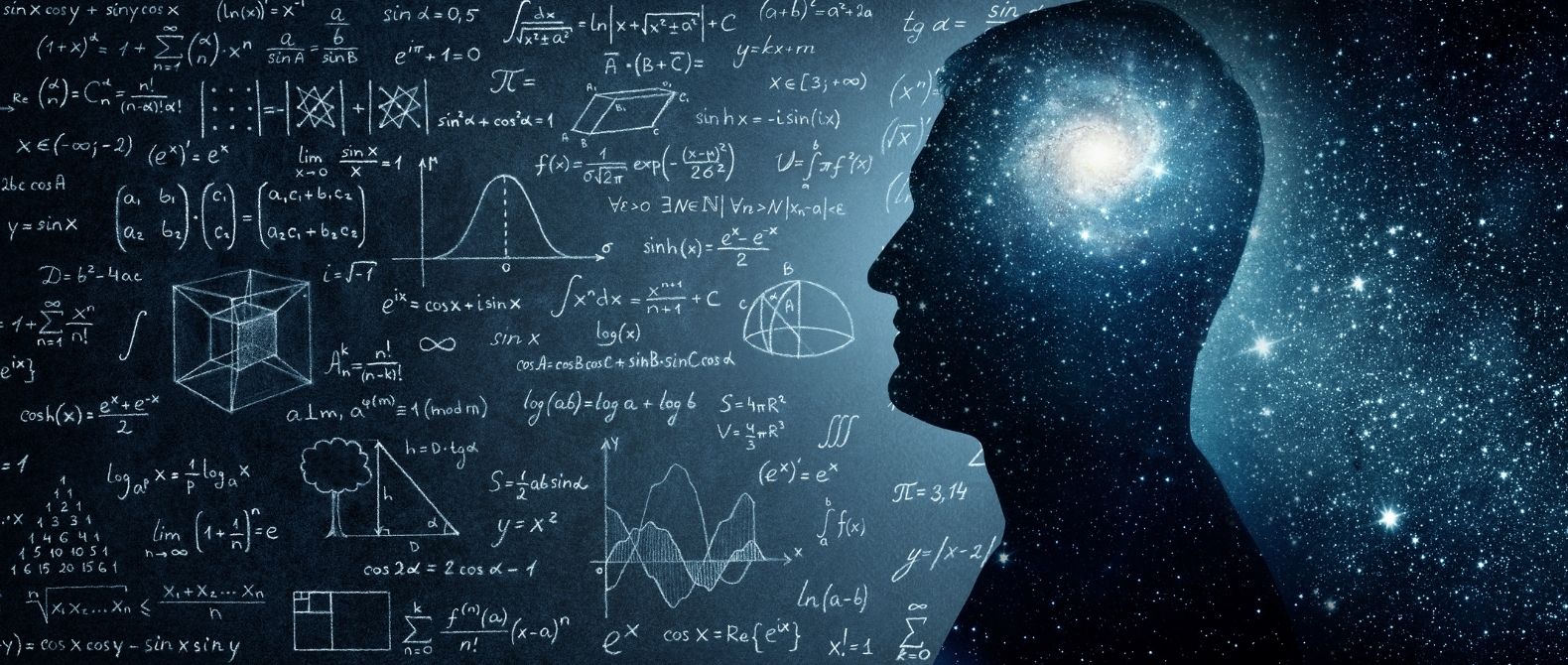
Memory work is essential not only in the humanities subjects, but also in math and science, such as Physics. There are many Physics formulae that have to be memorized as a formula sheet is not provided in exams. There are also specific problem solving strategies that have to be remembered. Even though rote learning is increasingly being de-emphasized, all academic subjects still require a certain amount of memorization. A student who is good at recalling will find it easier to adapt his knowledge and use it creatively.
Entire books have been devoted to techniques of improving your memory. Here are some useful tips you can follow, especially if you are a math or Physics student.
(i) Physics visual aids like diagrams and charts
The use of visualization and visual information is a powerful technique that can help you improve your memory. You remember Physics formulae, concepts, even problem-solving strategies more quickly, and for a longer duration of time, if you are able to understand them pictorially or represent them using diagrams and charts.
(ii) Use cue cards for Physics concepts
Write down bit-sized chunks of information of cue cards and use them regularly in your revision for Physics. A single cue card may contain a definition, or a theorem, or a question on one side and the worked solution on the other side (as a way of testing yourself).
Cue cards provide an easy way to digest information. They are a convenient means of breaking down a sizeable topic into bit-sized chunks that can be revised or memorized on the fly.
(iii) Make Physics notes and constantly write down the material you have understood
Writing stuff down is also a powerful way of remembering your Physics study material better. Your brain is able to recall concepts and formulae much better when you make notes and write down what you need to recall, as opposed to merely reading from Physics lecture notes that other people have prepared for you. Make notes and summaries many times if necessary. You will find that you can commit material to long term memory much better if you are constantly writing things down and reading material made in your own handwriting.
(iv) Teach Physics study material to a friend or junior student
Teaching is the best form of learning. By explaining Physics concepts and formulae to another person, you force yourself to revise the material, and you also compel your mind to actively explore and map out weaknesses in your own understanding. If you have to teach the subject to another person, you will have to know it well yourself first.
(v) Use acronyms and mnemonics to assist in recall for Physics formula
An example of acronym used in Physics is as represented below;
“Lots of Work makes me Mad!”:
Work = Mad:
M=Mass
a=acceleration
d=distance
Besides acronyms, mnemonics can also be used to help you recall information. Please Stop Calling Me A Coloured Zebra is used in chemistry to assist in remembering the electrochemical series.
(vi) Understand the information after Physics lessons before memorizing it
In the past when rote-learning was still the norm, educators as well as students sometimes forgot that memorization and understand go hand in hand. In the haste to commit facts to memory, people often neglected the fact that you could not have one without the other.
Develop the habit of reading through the material or practicing the question sets given and gaining a thorough understanding of the material before committing Physics key definitions and formulae to memory. Not only will you be able to retain them in memory for far longer, but you will also be more adept at applying them what you have memorized to novel situations. Without a clear understanding of the material, you will quickly find memory work a chore that seems to get increasingly difficult over time, and you will become discouraged.
